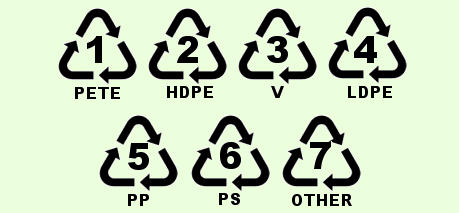The last few days have been wrought with headlines like “Organic Food No More Nutritious,” and “Study Casts Doubt on Advantages of Organic Food.” But before you opt for cheaper conventional options, believing they’re just as nutritious, I urge you to look more carefully at the whole story behind these headlines. Here’s the info you need to know.
A recent Stanford study concluded that:
- Organic food does not necessarily have more micronutrients (vitamins and minerals)
- Organic food is no less likely to be contaminated by E.Coli or other food borne illness-causing bacteria
- Organic produce has far lower levels of pesticides
- Organic chicken and pork are less likely to contain antibiotic-resistant bacteria
- Organic milk contains more heart-healthy Omega-3 fatty acids
- Children who ate organic produce had fewer pesticide residues in their urine
- Organic produce may contain more phenols (compounds believed to help prevent cancer) than conventional produce
Furthermore, buying organic is the only way to be sure your food does not contain harmful genetically modified ingredients. Organic farming is also better for the land and for farmers (who usually earn a fairer wage and reduce exposure to chemicals).
So as you can see, there are still major advantages to buying organic. I personally don’t care much if there’s more vitamin C in my strawberry – as long as I know I’m not consuming large amounts of toxic chemicals with every bite.
Worried about the cost of organic? Think about it this way: you either pay a little more for organic now, or we all pay a LOT more later via higher healthcare costs, revamping an unsustainable food system, and environmental clean-up. Here are some more tips for eating organic on a budget.







1 Comment
Eva
September 17, 2012 at 9:13 amThanks for this! I agree with you and am grateful that you have this platform to get some reasonable-ness out there!
Also, my boyfriend and I just watched “Forks over Knives” and I was wondering if you’d seen it and what you think?